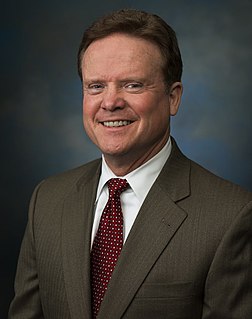A Quote by Elon Musk
We're running the most dangerous experiment in history right now, which is to see how much carbon dioxide the atmosphere... can handle before there is an environmental catastrophe.
Related Quotes
If NASA were advancing a space frontier there would be challenges you've never seen before. You have to be creative and you have to patent some new idea. You get to Mars...well, how do we get the water from the soil? I gotta invent a new device that will do that. And the carbon dioxide in the atmosphere, how can we use that? Can we breathe the oxygen from the carbon dioxide?
There is a point of no return after which warming becomes unstoppable - and we are probably going to sail right through it. It is the point at which anthropogenic (human-caused) warming triggers huge releases of carbon dioxide from warming oceans, or similar releases of both carbon dioxide and methane from melting permafrost, or both. Most climate scientists think that point lies not far beyond 2 degrees C hotter (3.6 degrees F).
Here's the problem - carbon dioxide doesn't contribute to smog and isn't a health threat. All of this is being done because some people believe carbon dioxide is causing global warming, and that preventing carbon dioxide from entering the air is the only answer. Never mind that there is still an ongoing scientific debate about global warming itself, and that some respected climate scientists believe that methane is a better target, California legislators have locked their sites on carbon dioxide.
Our early 21st century civilization is in trouble. We need not go beyond the world food economy to see this. Over the last few decades we have created a food production bubble-one based on environmental trends that cannot be sustained, including overpumping aquifers, overplowing land, and overloading the atmosphere with carbon dioxide.
There is universal consensus among experts that the earth's atmosphere is heating up - and that we are responsible for it by putting carbon dioxide in the atmosphere. We also know that the consequences of global warming are catastrophic. But how do we make sure that all countries reduce greenhouse gases?
The Arctic is a place that historically, during all preceding human history, has largely been an icy realm with an impact on ocean currents. That, in turn, influences the temperature of the planet. The Arctic is now vulnerable because of the excess carbon dioxide in the atmosphere, with a rate of melting that is stunning.


































